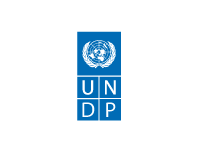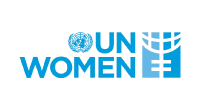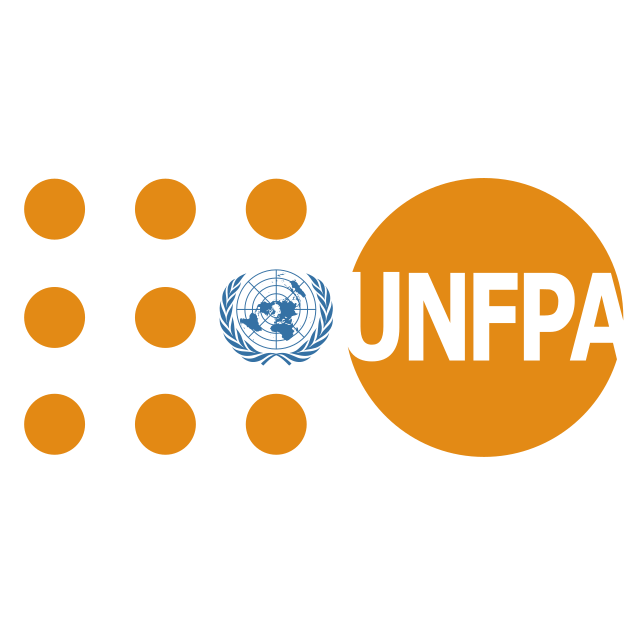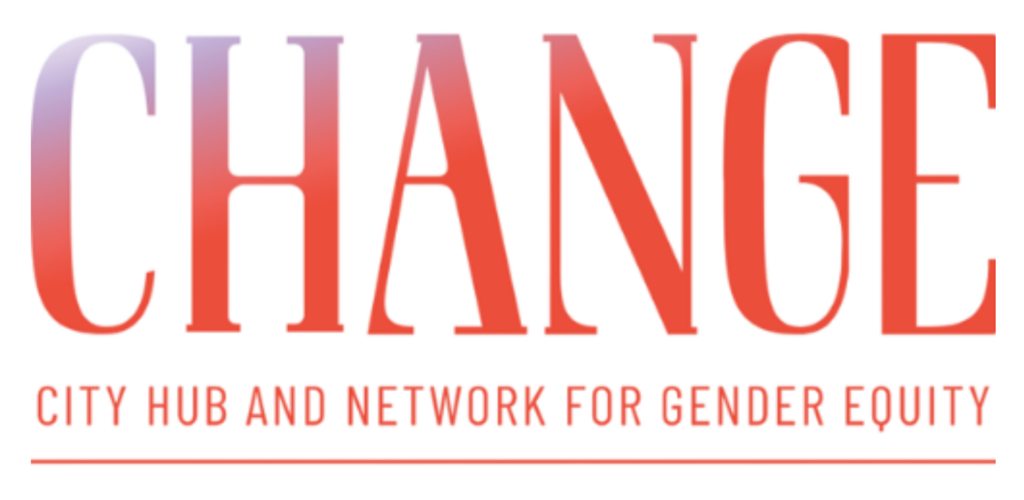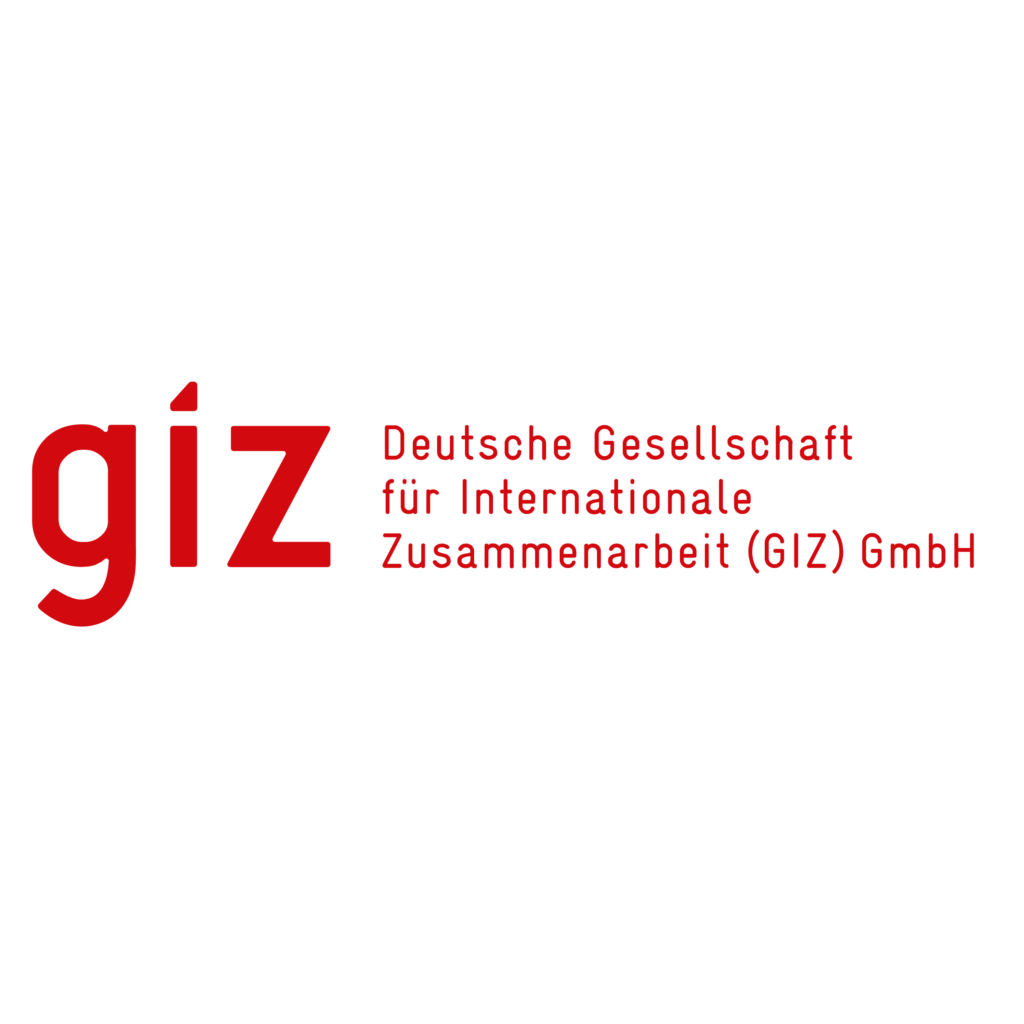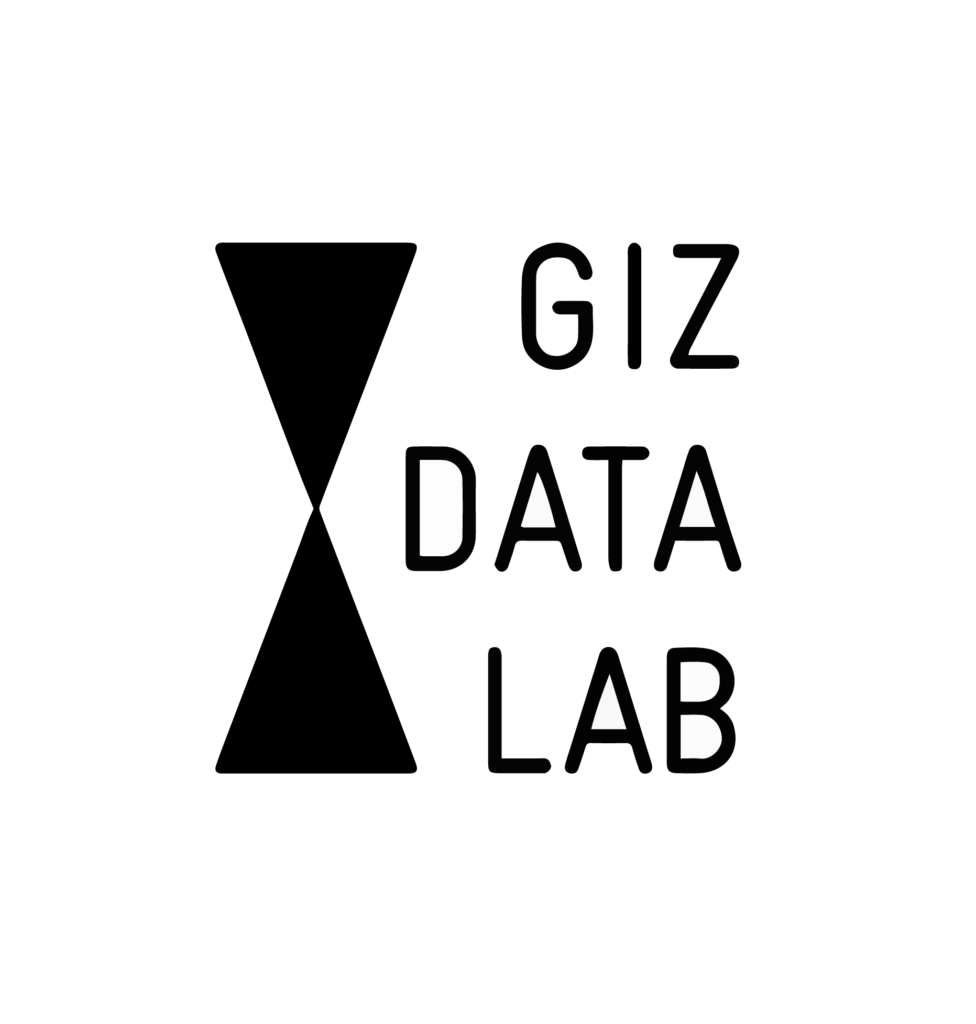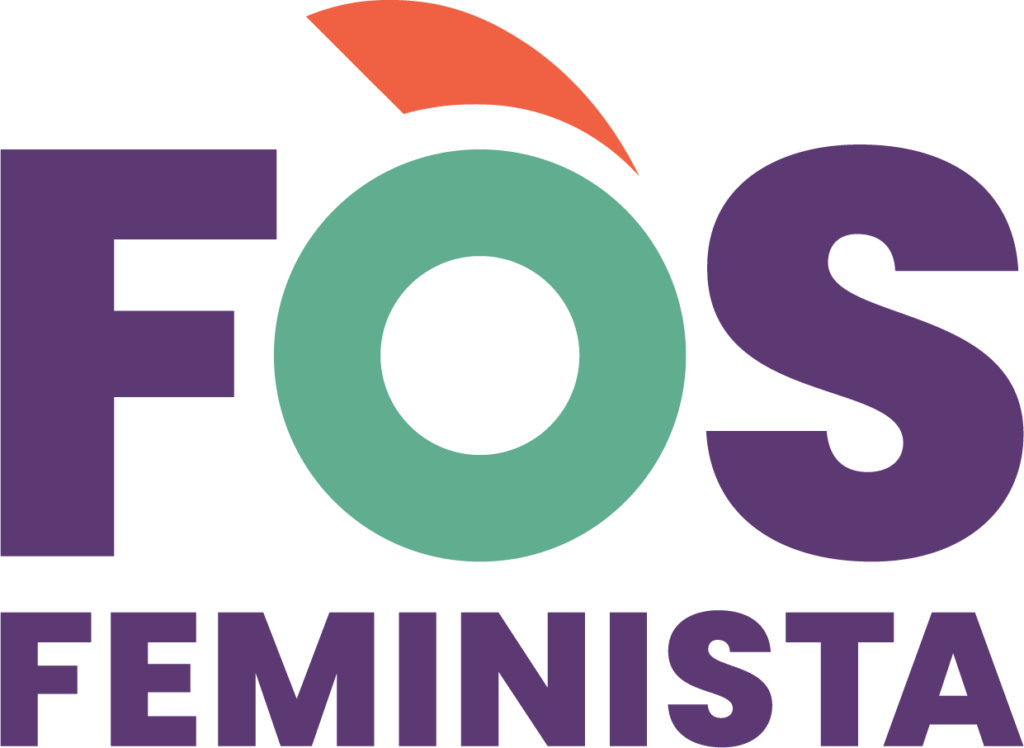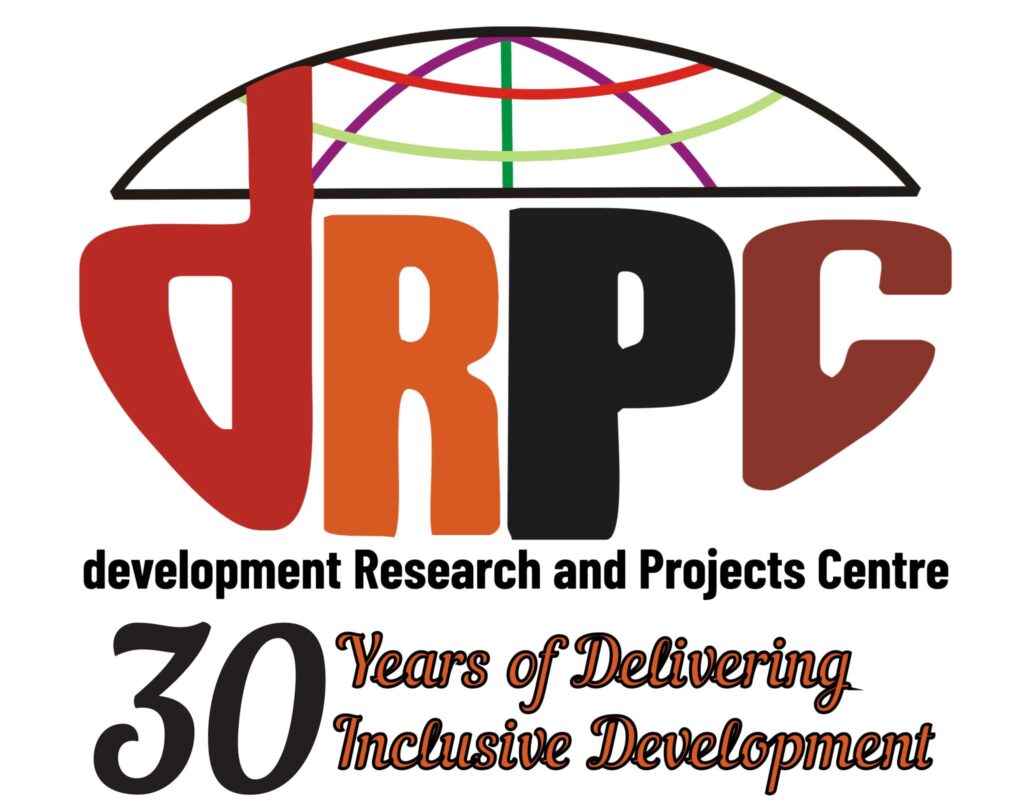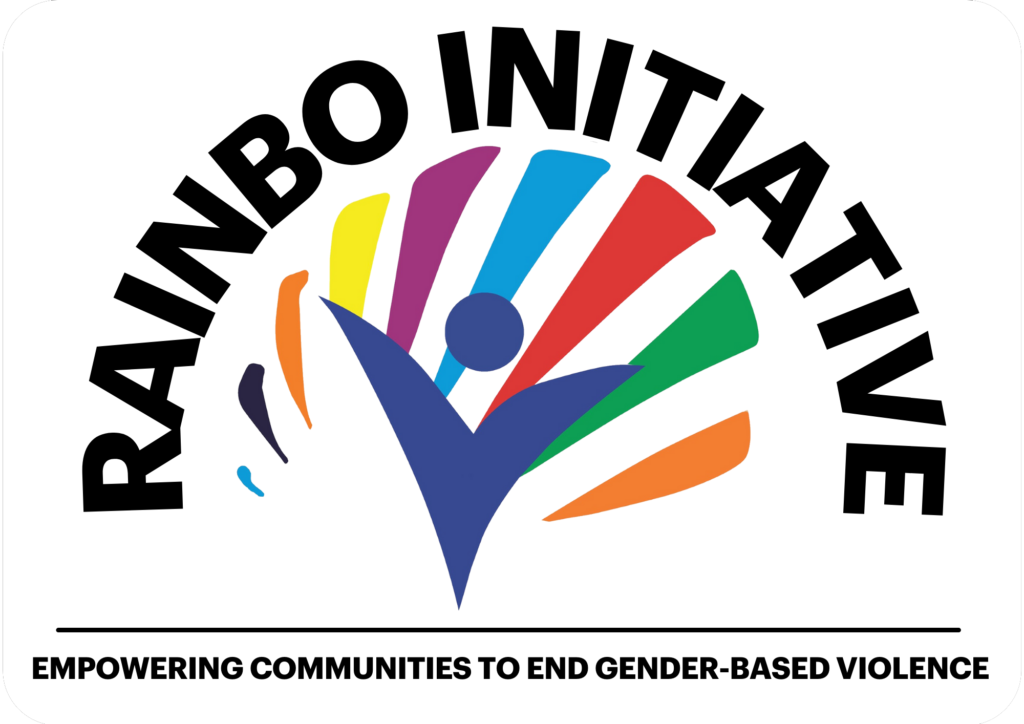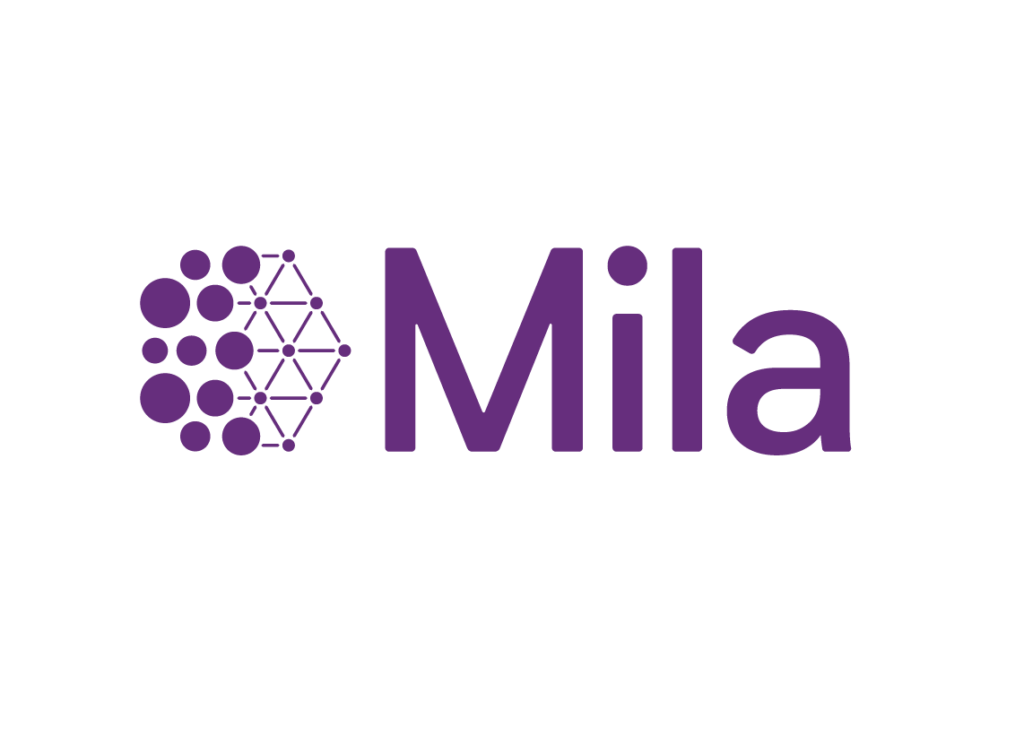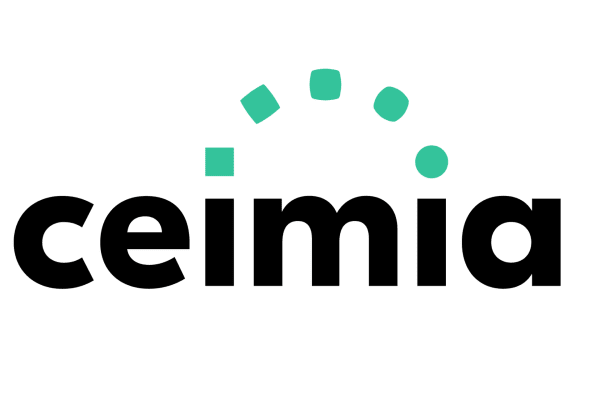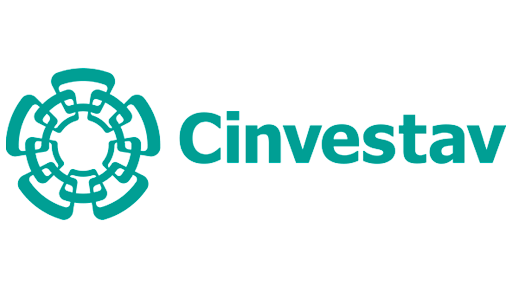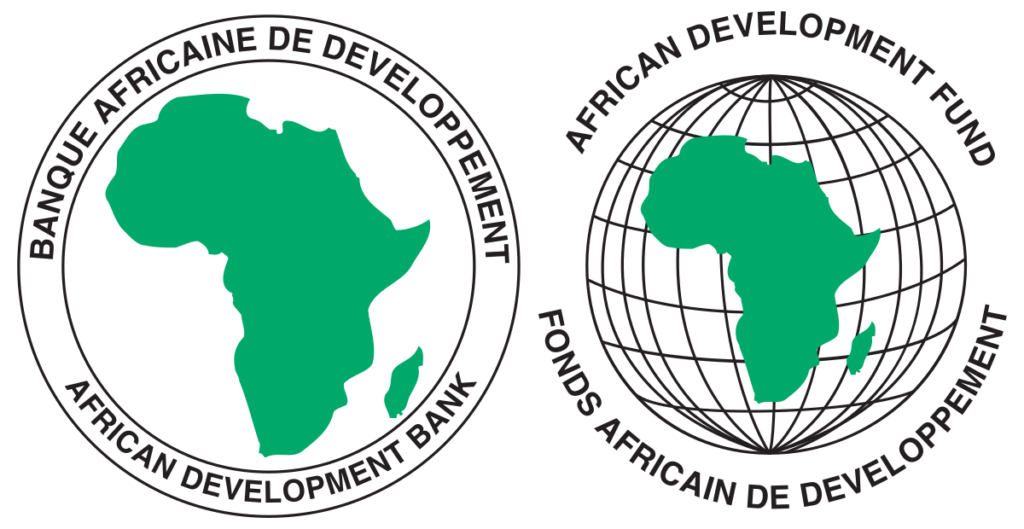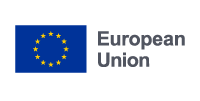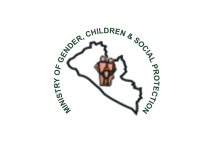Data Feminism Program
Intersectional Data-Driven Advocacy and Policy for Gender Equality
About
The Data Feminism Program at Data-Pop Alliance (DPA) addresses critical gaps in the availability, quality, and use of gender data. Rooted in an intersectional feminist framework, this program seeks to challenge data practices that perpetuate gender inequality, ensuring the lived experiences of women, girls, and gender minorities are accurately represented in decision-making processes.
Through rigorous research, capacity-building, and advanced data science techniques, the Data Feminism Program is transforming how gender data is produced, interpreted, and used to drive policy change and advocacy efforts.
Themes
Products
Gender Diagnostics
___
Mixed-methods assessments—including non-traditional data—conducted at national, institutional, organizational, or initiative levels. Rooted in feminist, intersectional, and LGBTQI+ inclusive frameworks, they surface hidden patterns of exclusion and inform transformative action.
Gender and Data Capacity Building
___
Gender data literacy and mainstreaming initiatives that strengthen the capabilities of individuals and organizations through tailored in-person, hybrid, or online training programs designed to meet specific contextual needs.
Awareness-Raising
___
Book and Movie Clubs developed in partnership with Eureka, along with other initiatives, that foster critical reflection and transformative action. These efforts engage diverse audiences through edutainment approaches and intersectional feminist lenses.
Our Strategy and Approach
The Data Feminism Program at Data-Pop Alliance is grounded in an intersectional, feminist, and data-driven approach to address the persistent inequalities in the gender data landscape. Recognizing that data is not neutral, the Program seeks to challenge traditional power structures in data collection, analysis, and application, ensuring that gender-disaggregated data is inclusive, actionable, and transformative.
To achieve this, the Program’s strategy is structured around three core pillars:
Strengthening Evidence through Intersectional and Feminist Research
Conducting mixed-methods research to generate high-quality, disaggregated gender data that accounts for the diversity of lived experiences.
Utilizing non-traditional data sources, including geospatial analysis, AI models, and participatory data collection to fill critical gender data gaps.
Expanding research beyond gender-based violence to include areas such as sexual and reproductive health and rights, climate change, migration, and economic empowerment.
Partnering with international organizations, governments, and academic institutions to ensure research findings translate into evidence-based policymaking.
Enhancing Gender Data Capacity and Literacy
Developing tailored capacity-building programs to equip policymakers, researchers, and civil society organizations with the tools to collect, analyze, and apply gender data effectively.
Delivering hybrid, in-person, and online courses such as Gender Data 201 and specialized training on feminist data methodologies.
Supporting national and local institutions in mainstreaming gender data into policy frameworks, ensuring more inclusive decision-making.
Engaging with feminist and gender data coalitions to foster cross-sectoral collaboration and knowledge-sharing.
Leveraging Technology and Data Science for Gender Equity
Innovating AI-driven models to improve the analysis of gender data, particularly in understanding the barriers to reporting gender-based violence.
Designing digital platforms and tools that visualize gender data trends, facilitating real-time monitoring and improved policy interventions.
Assessing and promoting ethical, inclusive, and gender-sensitive technological solutions, ensuring AI and digital governance frameworks do not reinforce bias or exclusion.
Advocating for feminist technology policies and digital rights, particularly in the Global South, through research on AI bias, responsible AI, and gender-equitable technology development.
By integrating rigorous research, strategic capacity-building, and technological innovation, the Data Feminism Program is reshaping gender data ecosystems to better serve the needs of women, girls, and gender minorities. Through this multi-pronged approach, the Program works to ensure that gender data is not only more widely available but is also utilized as a catalyst for structural change and gender justice.
Our Impact
Collaborating with UNFPA, UNICEF, UNDP, and the Rainbo Initiative, we contributed to a movement addressing child marriage and female genital mutilation in Sierra Leone, leading to a historic 2024 national bill to ban child marriage.
Anna Spinardi, Director of the Data Feminism Program

The Data Feminism Program has played a key role in strengthening gender data ecosystems globally by ensuring that research, capacity-building, and technological innovation directly support evidence-based policymaking and advocacy. Through strategic partnerships and rigorous methodologies, the program has improved the availability, quality, and use of gender-disaggregated data to advance gender equality. By integrating an intersectional feminist lens into data science, policy, and advocacy, the program continues to drive systemic change—leveraging gender data as a powerful tool for equity and inclusion.
Over the past several years, the Program has:
25
27
+30
Multi-year
Advanced Gender
Informed
Products and Projects
Gender Diagnostics
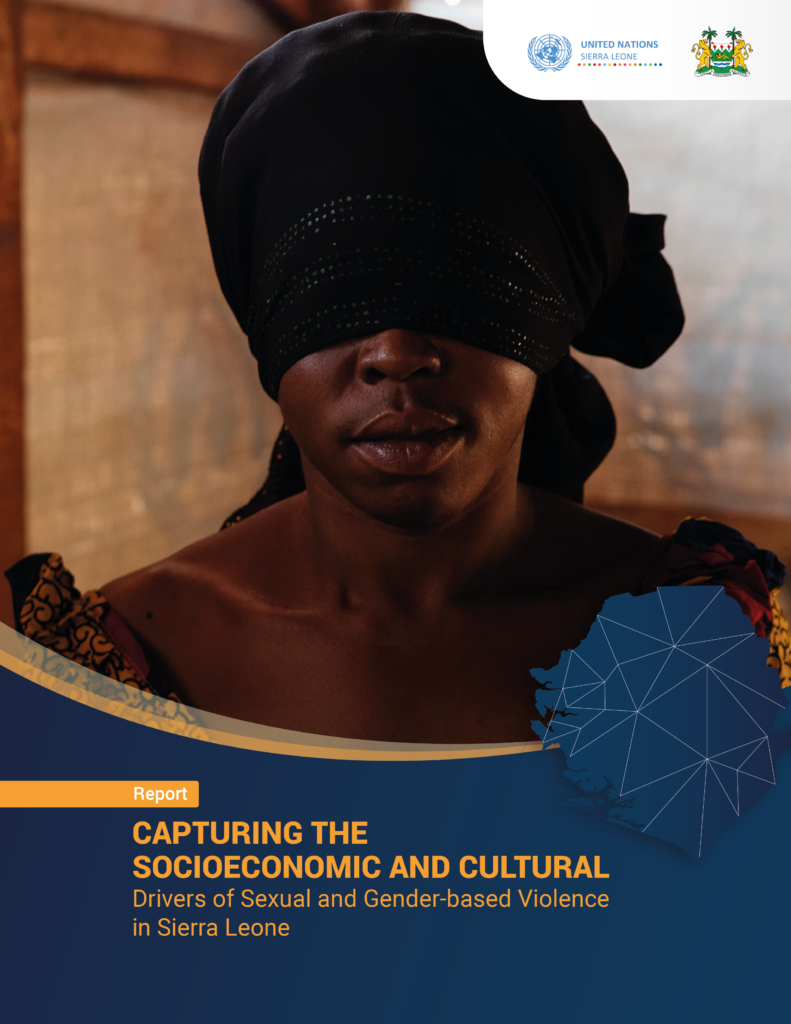
- Sierra Leone
- January - June 2022
- Partner(s): Rainbo Initiative, Statistics Sierra Leone, UNDP Sierra Leone (Funder)
- Theme(s): Gender-Based Violence (GBV) and Technology-Facilitated GBV
In partnership with UNDP Sierra Leone, this project assessed the prevalence, incidence, trends, and patterns of sexual and gender-based violence (SGBV) in Sierra Leone through a mixed-methods approach and innovate machine learning techniques. By analyzing the structural and root causes that contribute to SGBV, the final report provided targeted policy recommendations to prevent and respond to this phenomenon through a unified national response.
With regards to quantitative methods, DPA mapped, accessed, and analyzed national and international data sources to uncover which drivers might have a higher statistical influence on the prevalence of SGBV. With this information, the research team created advanced machine learning techniques to identify the most relevant indicators and their relationship to SGBV. This analysis was complemented with qualitative data collected through a systematic literature review (over 50 pieces, supported by the ecological model), semi-structured interviews with survivors of SGBV, and focus group discussions with key CSO and government stakeholders.
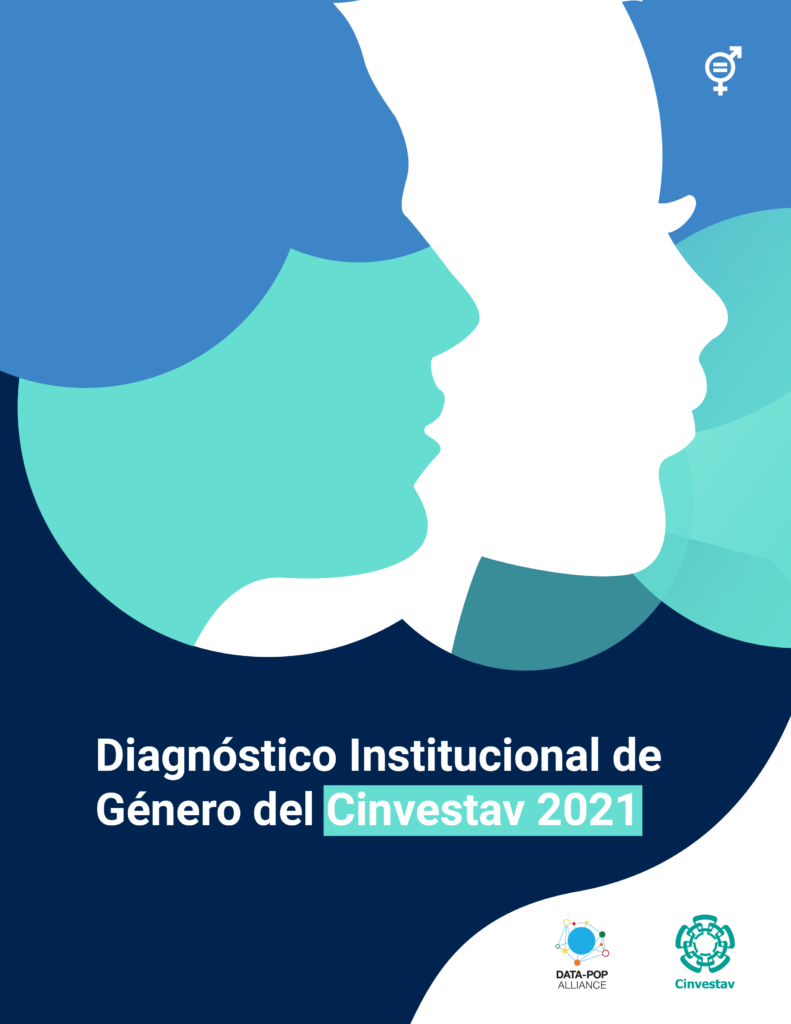
- Mexico
- August 2021 - January 2022
- Partner(s): Center for Research and Advanced Studies of the National Polytechnic Institute (Cinvestav) (Funder)
- Theme(s): Feminist AI and Data Governance, Gender-Based Violence (GBV) and Technology-Facilitated GBV
Developed in partnership with Cinvestav, a network of 11 STEM (Science, Technology, Engineering, and Mathematics) research centers across Mexico, this project aimed to provide an institutional gender assessment of the challenges that women working and studying in the network face (including harassment). The findings from an online survey, focus groups, literature review, and documentary analysis were used to outline actionable recommendations towards gender mainstreaming in this complex organization.
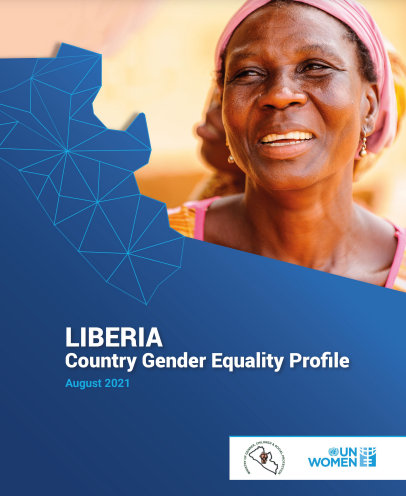
- Liberia, Sub-Saharan Africa (SSA)
- May - September 2021
- Partner(s): African Development Bank, European Union, Government of Sweden, Ministry of Gender, Children & Social Protection - Liberia, UN Women Liberia (Funder)
- Theme(s): Gender-Based Violence (GBV) and Technology-Facilitated GBV, Harmful Practices – Child Marriage and Female Genital Mutilation (FGM)
The CGEP of Liberia, the first of its kind in the country, examined the situation of gender inequality in Liberia from a multi-sectoral and intersectional perspective, including an analysis of the gendered impacts of the COVID-19 pandemic, as well as response and recovery implications. As part of an increasing effort to eliminate all forms of gender-based discrimination, the CGEP represents an important guide to assess the existing situation regarding women’s empowerment and gender equality in Liberia. This project was funded by UN Women Liberia, and supported by the Ministry of Gender, Children and Social Protection Liberia; the European Union, the African Development Bank, and the Government of Sweden.

